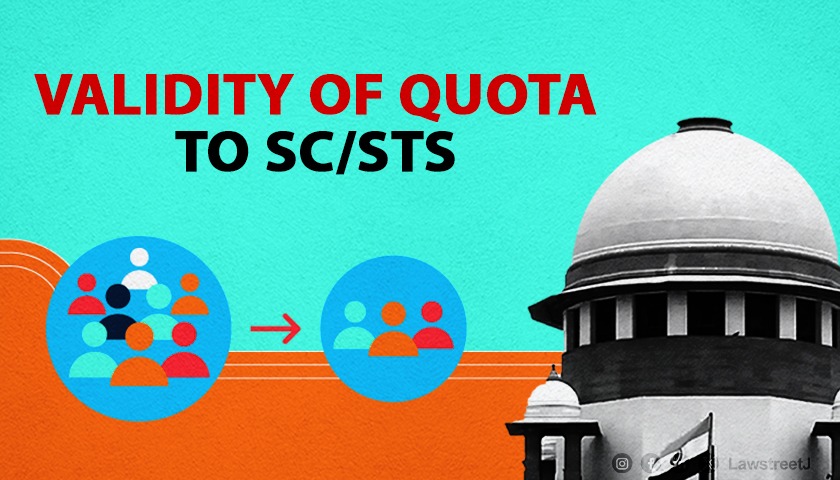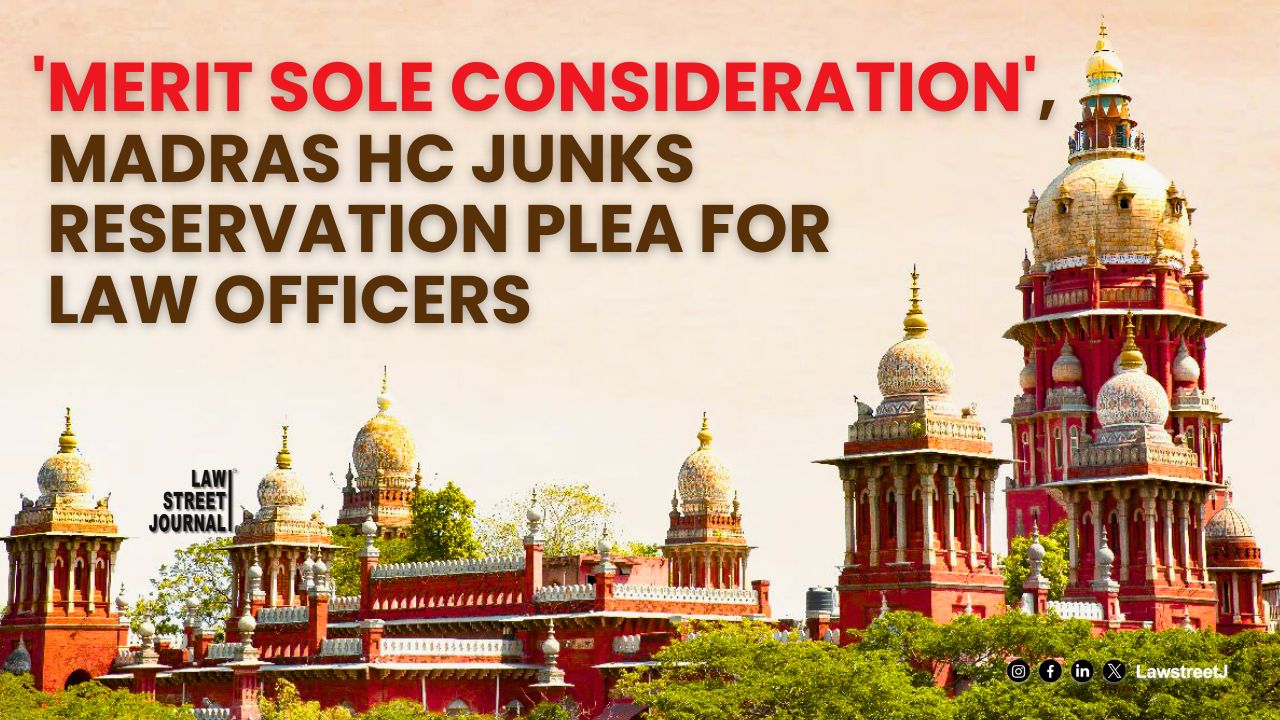New Delhi: Soon after the Punjab and Haryana High Court struck down a Haryana law implementing 75% reservation for residents of the state in private-sector jobs, Congress promised the same in its manifesto for the Telangana assembly polls.
Meanwhile, Deputy Chief Minister of Haryana, Dushyant Chautala said the state government will move the Supreme Court against the Punjab and Haryana High Court order.
While striking down the Haryana State Employment of Local Candidates Act, the Punjab and Haryana High Court termed it unconstitutional.
The Act, which underwent several changes after it was passed in 2020, provided for 75% of private-sector jobs with a monthly salary or wages of less than Rs 30,000 being reserved for people with a resident or domicile certificate. The domicile requirement had also been brought down from 15 years to five.
The petition against the law was filed in the high court by the Gurugram Industrial Association and other employer bodies.
The petitioners had argued that the sons-of-the-soil concept behind the law was an infringement of the constitutional rights of employers. They had also said that the Act was against the principles of justice, equality, liberty and fraternity enshrined in the Constitution.
Now lets take a look over several arguments that were made regarding domicile reservation so far:
- Arguments Against Providing Reservation Based on Place of Birth
Article 16 in the Constitution of India refers to equality of opportunity in government jobs.
Article 16(1) provides for equality of opportunity for all citizens in matters relating to 'employment or appointment' to any office under the State.
Article 16(2) provides that there cannot be any discrimination on grounds only of religion, race, caste, sex, descent, place of birth, residence or any of them.
- Arguments in Favour of Providing Reservation Based on Place of Birth:
Article 16(3), allows for making provisions in government appointments with respect to residence (not place of birth).
The Parliament (and not the legislature of a state) can prescribe residence within a state or union territory as a condition for certain employments or appointments in that state or union territory, or local authority or other authority within that state or union territory.
Some states have been using the loopholes in the laws to reserve government jobs for locals. They have used other criteria like language tests or proof of having resided/studied in the state for a certain period of time.
In Maharashtra, only those living in the state for over 15 years with fluency in Marathi are eligible.
In Jammu and Kashmir, government jobs are reserved for domiciles
In West Bengal, reading and writing skills in Bengali is a criterion in recruitment to some posts.
Last year, the Govt of Karnataka issued a notification mandating private employers to give priority to Kannadigas for clerical and factory jobs in the state.
It is argued that giving preferential treatment to the residents of a state will help in rightful allocation of the resources of the state and would encourage people to work within the boundaries of their state.
This is also seen as a way to stop migration of people from backward states to metropolitans, thereby reducing the burden on such cities.
Court Judgments:
In 2019, the Allahabad High Court struck down a recruitment notification issued by the Uttar Pradesh Subordinate Service Selection Commission, which prescribed preference for women who were original residents of the state.
In the Kailash Chand Sharma vs State Of Rajasthan case, 2002, the Supreme Court ruled that residence, be it within a state, district or any other area, cannot be a basis for preferential reservation or treatment.
While the Constitution specifically prohibits discrimination based on place of birth, the Supreme Court, in DP Joshi vs Madhya Bharat case, 1955 has held domicile reservation, especially in educational institutions, as constitutional.







![Granting Or Cancelling Caste Certificates Will Have Large Repercussions; Authorities Must Be Cautious: Madras High Court [Read Order]](/secure/uploads/2023/12/lj_9873_granting_cancelling_caste_certificates.jpg)





